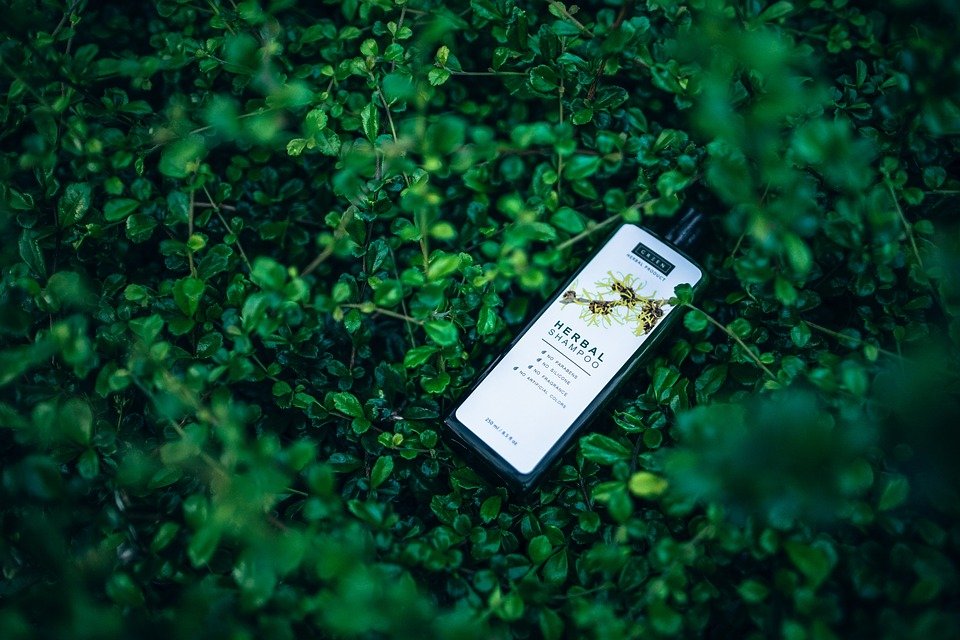Botanical Products - What Do They Mean?

According to the Dietary Guidelines, botanical products are not to be classified as drugs because they contain no chemical ingredients that are capable of intoxicating the body. According to the Guidelines, botanical products that are regulated as drugs consist of man-made, synthetic chemicals, viruses, allergens, molds, bacteria, enzymes, or combinations thereof. Substances considered to be habit forming are not to be considered as drugs either because they are not designed to behave in a certain way in the body. Medicines are primarily regulated because they are to be administered into the body for their prescribed purposes, whereas botanical products are allowed to be ingested naturally without any health risks. View this article to learn more about botanical drugs.
The botanical drug development process for a new botanical drug is required to show that the product will have therapeutic, preventative, or curative benefits when used for a specific medical condition. This includes testing the product on volunteers, evaluating the toxicity or carcinogenicity of the product, determining whether the botanical molecule has interaction potential with other substances, and finally determining whether the compound can interact with other drugs. The final report of the tests should be able to state that the usefulness of the botanical product has been established. If the test result indicates that the product is ineffective or potentially harmful, then it should be excluded from further testing.
Before a new drug development procedure can start, a company must first acquire the approval of the regulatory authorities in the country where the botanical products will be tested on humans. This includes animal testing in which the animals are fed the product to determine its toxicity. This is required to be performed before any humans can be given the herbal formulation.
In the US dietary supplements are not legally classified as drugs but as food additives and subject to different regulations. This means that companies are not required to provide evidence that the botanical products are beneficial to humans. To illustrate the differences between dietary supplements and drugs, consider food supplements that contain only botanicals, such as turmeric. A food supplement is not considered a drug because it doesn't contain drugs. Shop for kratom from the best suppliers in the market for quality products.
Food preparations that have botanicals and other plant-based ingredients in them are considered dietary supplements because they are intended to augment the diet and to boost the immune system. Dietary supplements also include herbs and other organic compounds that have been proven to benefit the human body and promote health. For instance, many Chinese herbal medicines (tuberculosis herbal medicines, for example) consist of extracts from the leaves of large herbs. Similarly, some manufacturers add certain botanicals to their dietary supplements in order to make them more effective (fewer amounts of a compound are needed to provide the same effect as a single molecule of the compound). Extracts from Nature play an important role in herbal medicines.
In general, however, botanical drug products are not considered drugs in the legal sense of the word because they are not intended to cure, alleviate, prevent or control any disease. To that extent, they cannot be used to treat, control, diagnose or eliminate any disease! In short, when it comes to botanical products, they are classified in the same category as food additives, with the added distinction that the FDA has not banned or restricted the use of botanical ingredients in dietary supplements. To get more enlightened on this topic, see this page: https://en.wikipedia.org/wiki/Botany.
